Wasn't even gonna leave a review here, thought it would be a 100% 5 star review story, but i see a few 3 and 4's, they seem unfair for this microphone when it was purchased by mistake, and they say their review is trying to help others not make the same mistake.
Just to clarify, this microphone is well known, its excellent for live and studio recordings, drums, vocals, brass and guitars, both electric and acoustic, it works best in loud situations, its not a microphone used to pick up very soft low levels, i've never ever heard or seen anyone saying it's a great microphone for low level recordings. The build quality is also excellent, and while it could be called the jack of all trades, its actually on par with far more expensive microphones in some areas, for instance the snare drum.
Knowledge is important when buying and reviewing music equipment, there isn't really a one stop microphone that can do every type of recording the best, you ideally want a varied selection of different types that excel in 1 or 2 areas, and for the price the Shure SM57 is the best value for money mic you can buy, and it still gets used in high end recording studios. Its not just a really good microphone to start out with, many people buy it who own expensive condenser or ribbon microphones already.



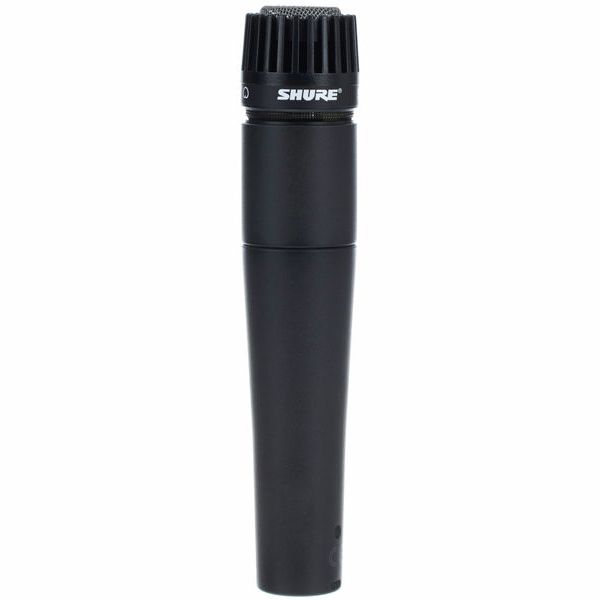
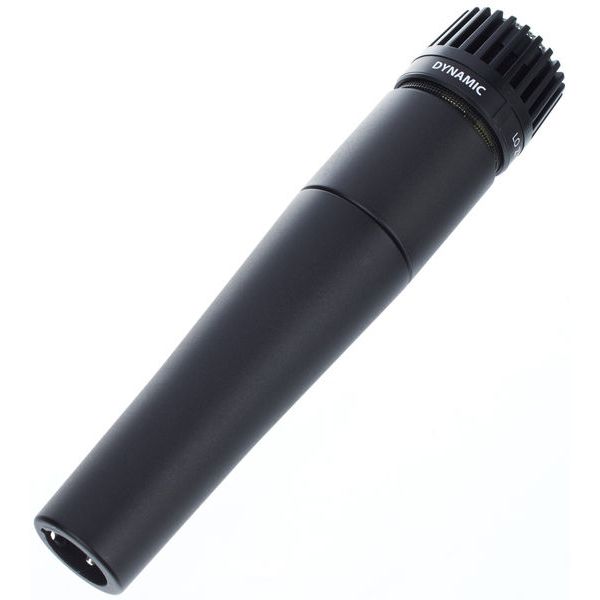
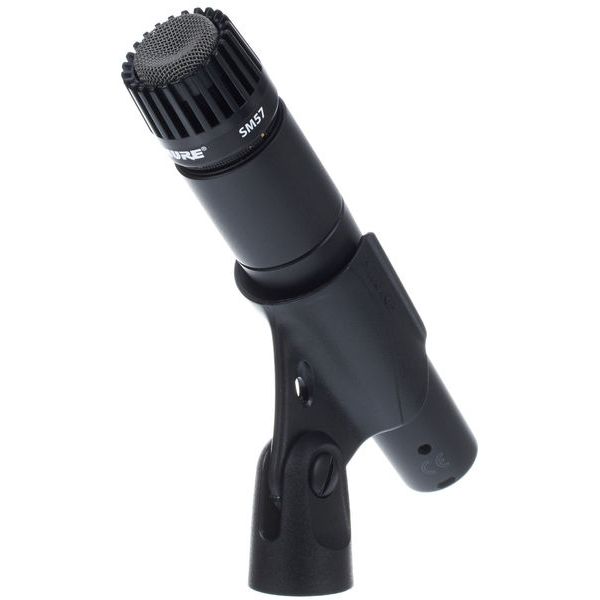
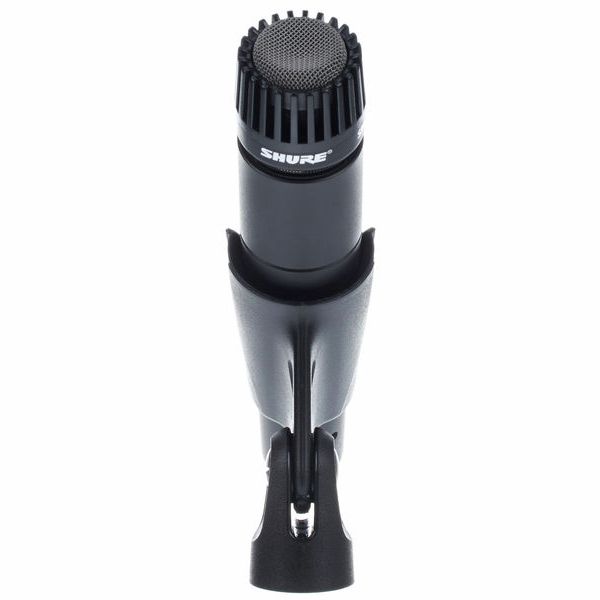
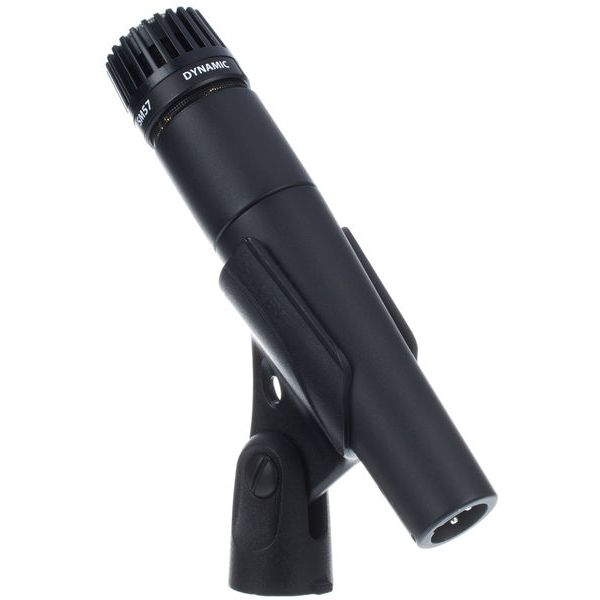
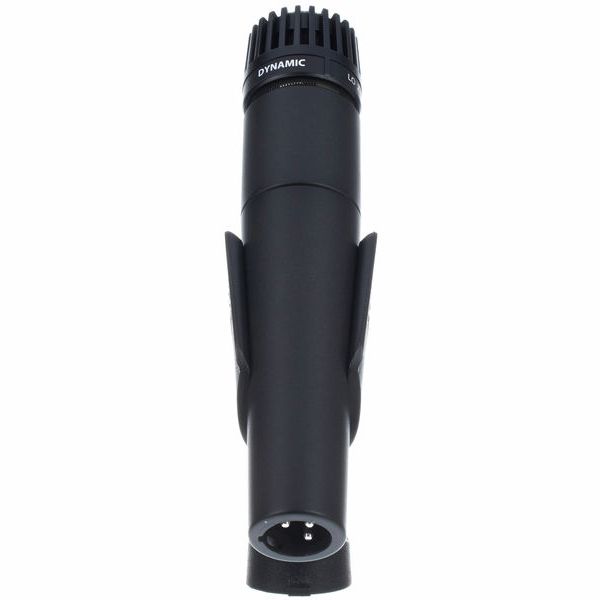
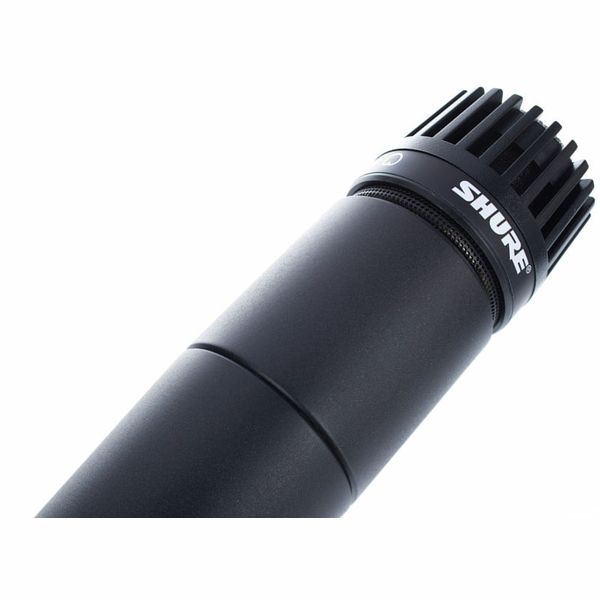
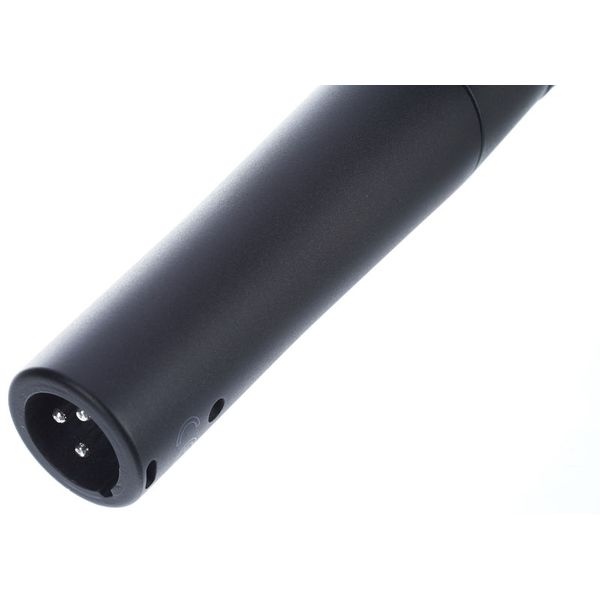
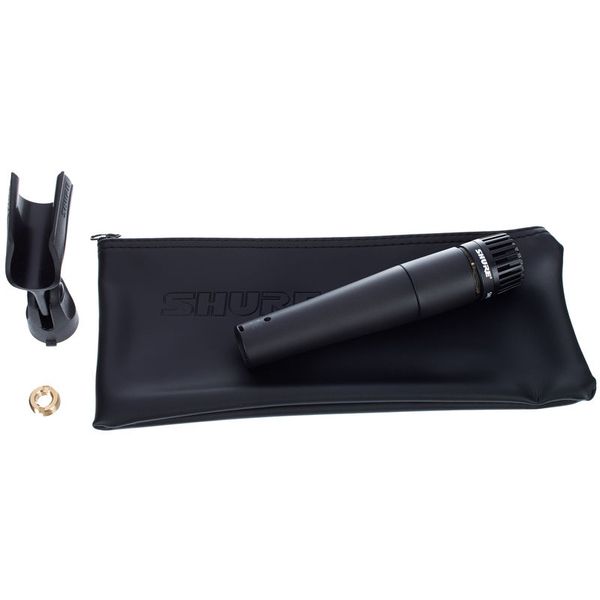












)

)
)
)
